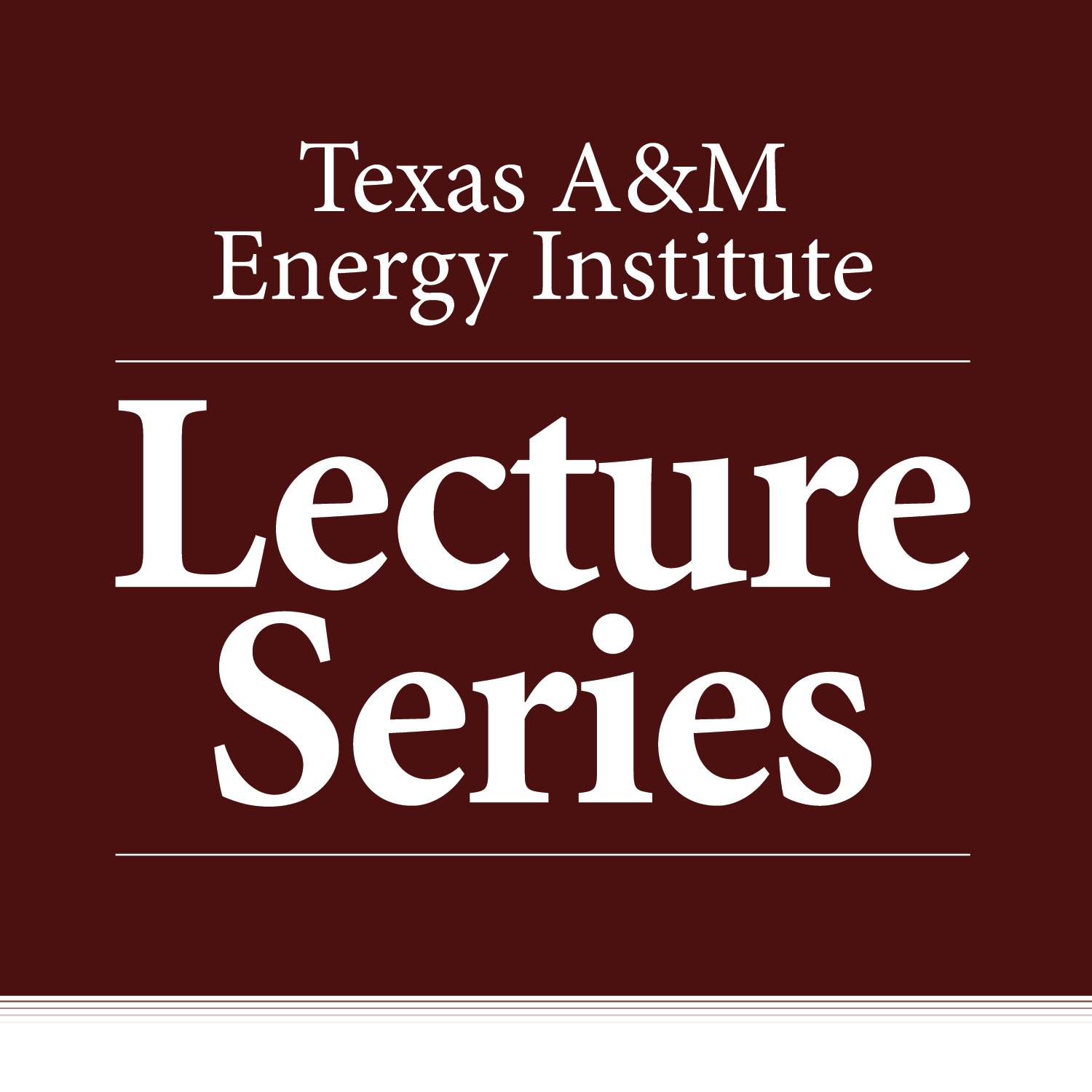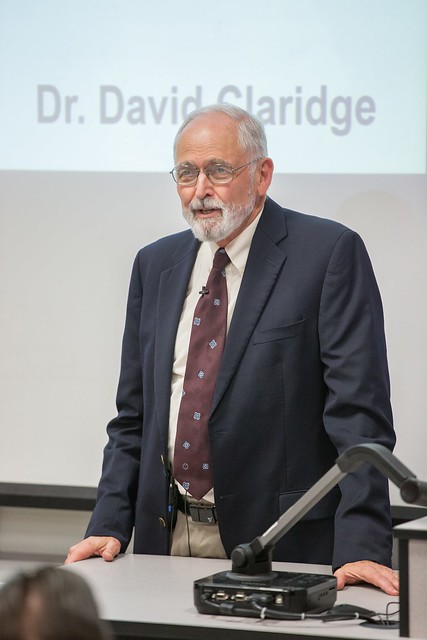
Molecular Membrane Air Conditioning: Refrigerant Free! Cool!
The next presentation in the Texas A&M Energy Institute Lecture Series, featuring Dr. David Claridge, Director of the Energy Systems Laboratory at the Texas A&M Engineering Experiment Station and the Leland Jordan Professor of Mechanical Engineering at Texas A&M University, will be held on Wednesday, October 26, 2016 from 4:00 – 5:30 p.m. in 111 Jack E. Brown Chemical Engineering Building. The topic will be “Molecular Membrane Air Conditioning: Refrigerant Free! Cool!”
Abstract
The hydrofluorocarbon (HFC) refrigerants used in the vast majority of the world’s air conditioners have been receiving a great deal of unfavorable attention because of their substantial impact on global warming. Just days ago, on October 15, 190 nations reached a binding agreement to drastically reduce their use over the next 30 years. In the United States, HFC use will be reduced to 15% of 2012 levels in just 20 years. The Molecular Membrane Air Conditioner (MMAC) should be a major contributor to this reduction!
Modern air conditioners perform two different functions: they lower the temperature and they remove moisture from the air. Most air conditioners incorporate a version of the Rankine refrigeration cycle and remove moisture by cooling air below its saturation temperature. This often results in overcooling the air to get the humidity to the desired level. Desiccants can be used to remove moisture without cooling the air, but a desiccant system is rather inefficient, requiring more heat input than the heat of vaporization of the moisture removed from the air, so they tend to be used only when there is a source of waste heat available.
The MMAC uses an entirely different approach to dehumidifying and cooling air. It utilizes a membrane that acts as a molecular sieve to remove water vapor from the air at constant temperature, and then utilizes highly efficient evaporative cooling technology that has been used in dry climates for decades to provide sensible cooling. This results in a totally different cooling system that has several advantages over the various refrigerants generally viewed as the HFC alternatives. The MMAC:
- Uses only water – has zero global warming potential
- Is more efficient – will use less electricity and have lower operating costs
- Separates dehumidification from temperature reduction for superior comfort
- Produces highly pure water as a by-product
This seminar will describe the development and status of this revolutionary new approach to air conditioning.

